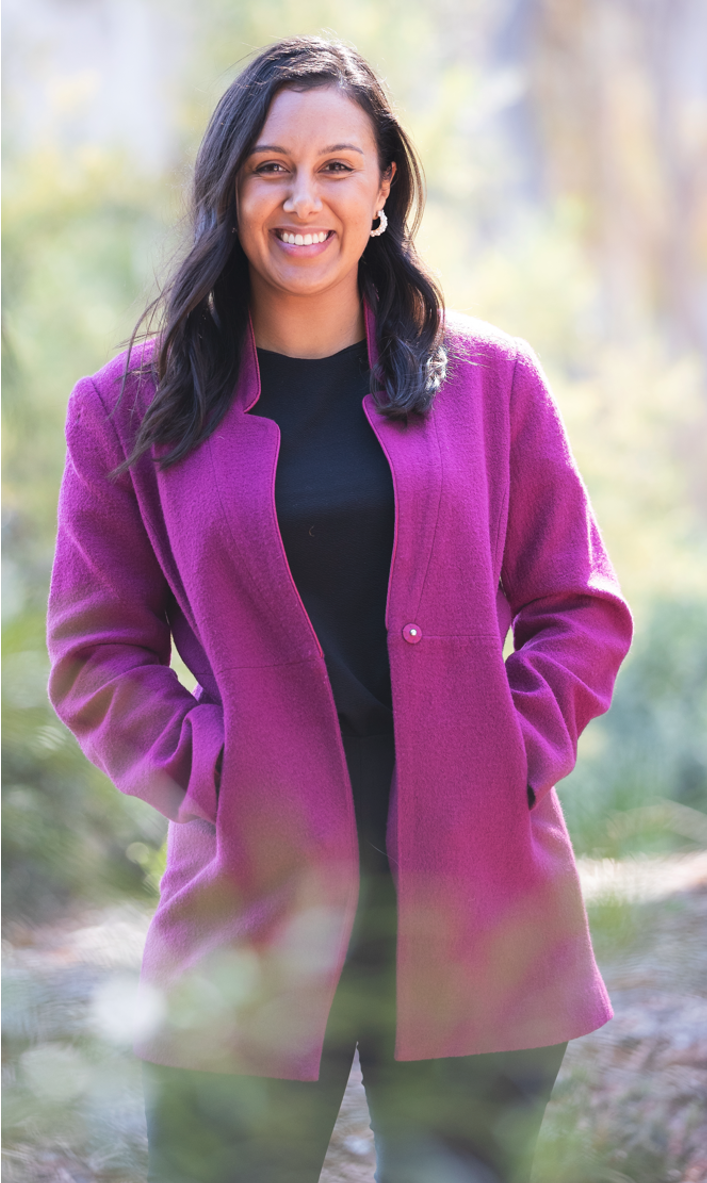Dhunning - Indigenous Impact
Embedding Reconciliation into the everyday
National Reconciliation Week is a time for all Australians to learn about our shared histories, cultures, achievements, and to explore how each of us can contribute to achieving Reconciliation in Australia.
The 2022 Reconciliation Week theme is ‘Be Brave. Make Change’, and across the UC community, there are so many people working to make that happen. Today, on Reconciliation Day, they’re sharing what motivates them.
Associate Professor Benny Wilson – Assistant Professor in Education
Jagera Country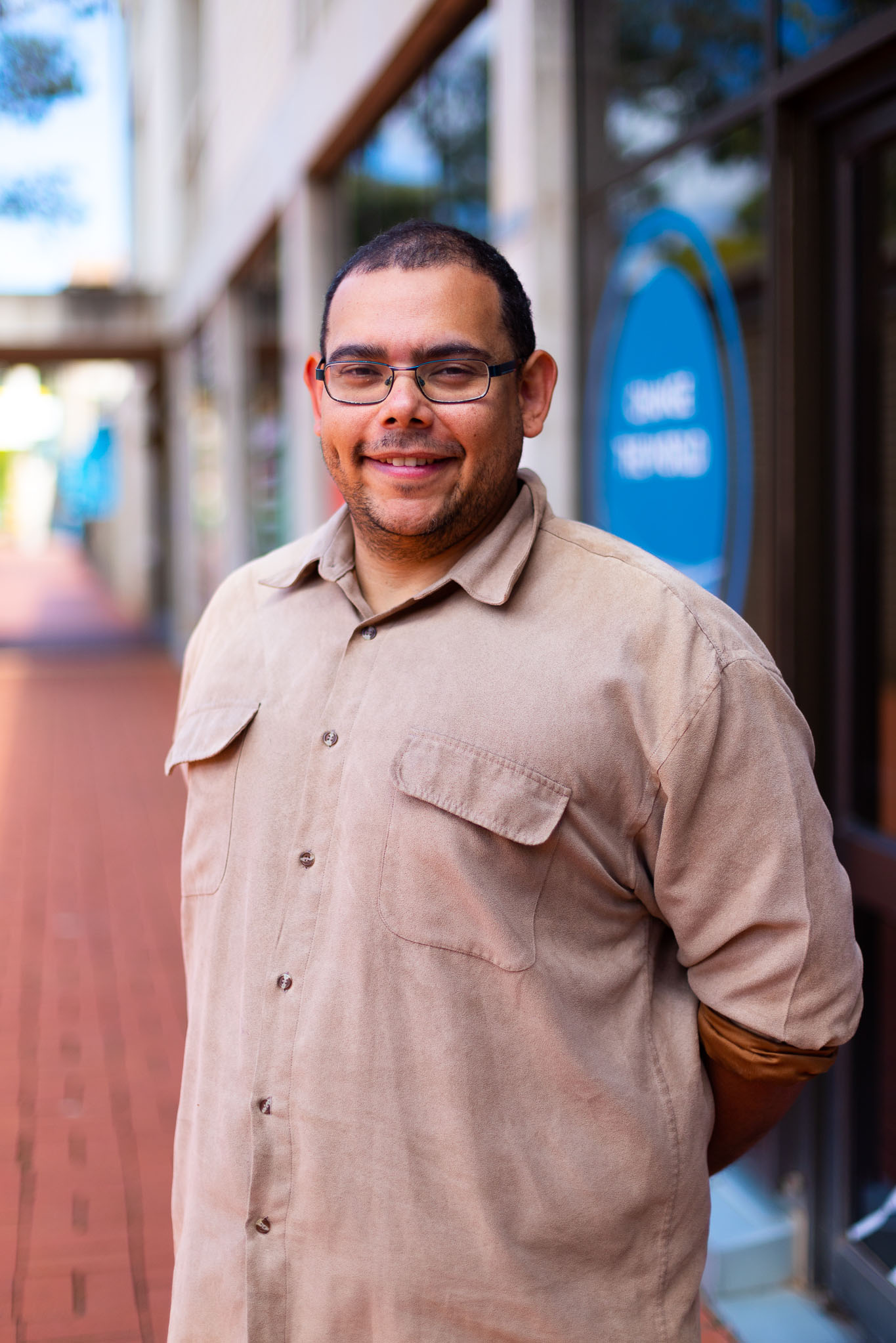
For me, Reconciliation Day is a day to remember how far we have come as a nation in celebrating our First Peoples, their knowledge systems, and ingenuity, but it is also a time to reflect on how far we have to go. It’s also a worthy reminder that for Indigenous people, a critical question is how we reconcile with our Country and make sure we are behaving in ways consistent with her continued ability to thrive and sustain life.
Days like this are important because we, as Australians, have such a fractured and disabling relationship with our Indigenous heritage because of the ongoing colonial project. Reconciliation Day is a day where Australia should stop and explore our Indigenous heritage, humbly admit past wrongdoings, and commit to a better and more sustainable future for all. By not acknowledging or understanding the power and strength that exists among our first people, Australia is a poorer nation, with a citizenry unable to reach their full potential.
Aboriginal people are here, and our ways of knowing have survived and thrived for thousands of years. We have the wisdom and knowledge that built the most sustainable and long-lived society the world has ever seen – we just need people with courage to throw us the car keys and shift over to the passenger seat. We’ll take the nation somewhere excellent.
John Owens – Associate Vice-President Campus Estate
I think it is vital for all Australians to recognise and celebrate the culture of Aboriginal and Torres Strait Islander people, and to commit ourselves to learning more about it and helping preserve it. It is vital because it has incredible depth and richness, and provides a different way of thinking about the world and our place in it.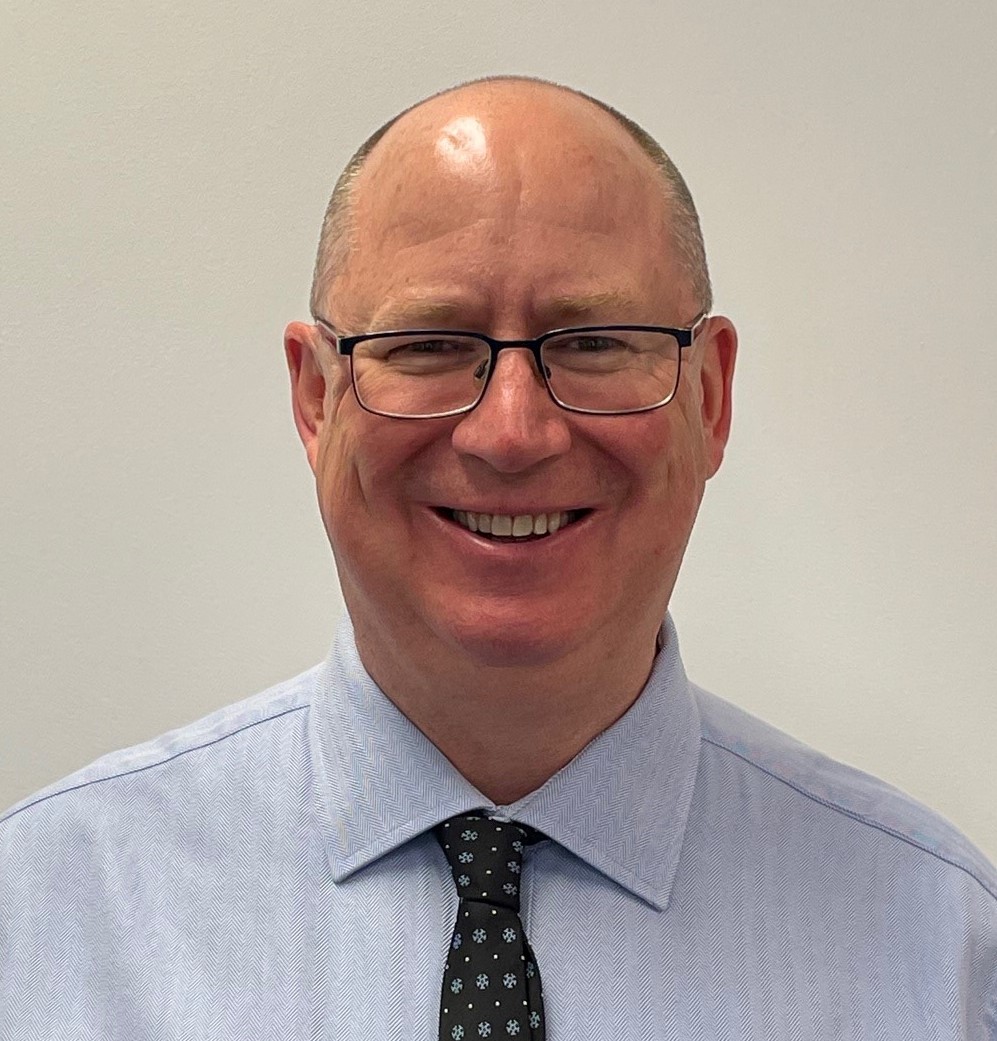
Reconciliation Day is a day to reflect on the Australian story and acknowledge that, despite many successes and triumphs, our Aboriginal and Torres Strait Islander brothers and sisters have faced difficulties, prejudice, dispossession, and discrimination. It’s a day for all of us – especially non-Indigenous Australians – to recommit to addressing the challenges faced by Aboriginal and Torres Strait Islander peoples in a constructive and genuine manner.
To me, true Reconciliation means that Australians of all ethnicities recognise and value the continuing culture of Aboriginal and Torres Strait Islander people, and that their special place in our history is recognised and celebrated.
It would also mean that there are no significant disparities between the financial, economic, educational, and life outcomes of Aboriginal and Torres Strait Islander people and Australians as a whole.
Professor Alison Gerard – Head of Canberra Law School
As Dr Anita Heiss says, too often the heavy lifting of Reconciliation is left to Aboriginal people, so for me, Reconciliation Day means making sure I take action in recognising this significant week and Sorry Day that precedes it, and recommit to working for social justice every week.
As a lawyer, I like UC’s embrace of Ngunnawal ‘lore’ or philosophy in our values. UC is committed to the Ngunnawal philosophy of Galambany, which makes me proud to work here. Reconciliation is ‘core business’ for everyone every day, not just on this day.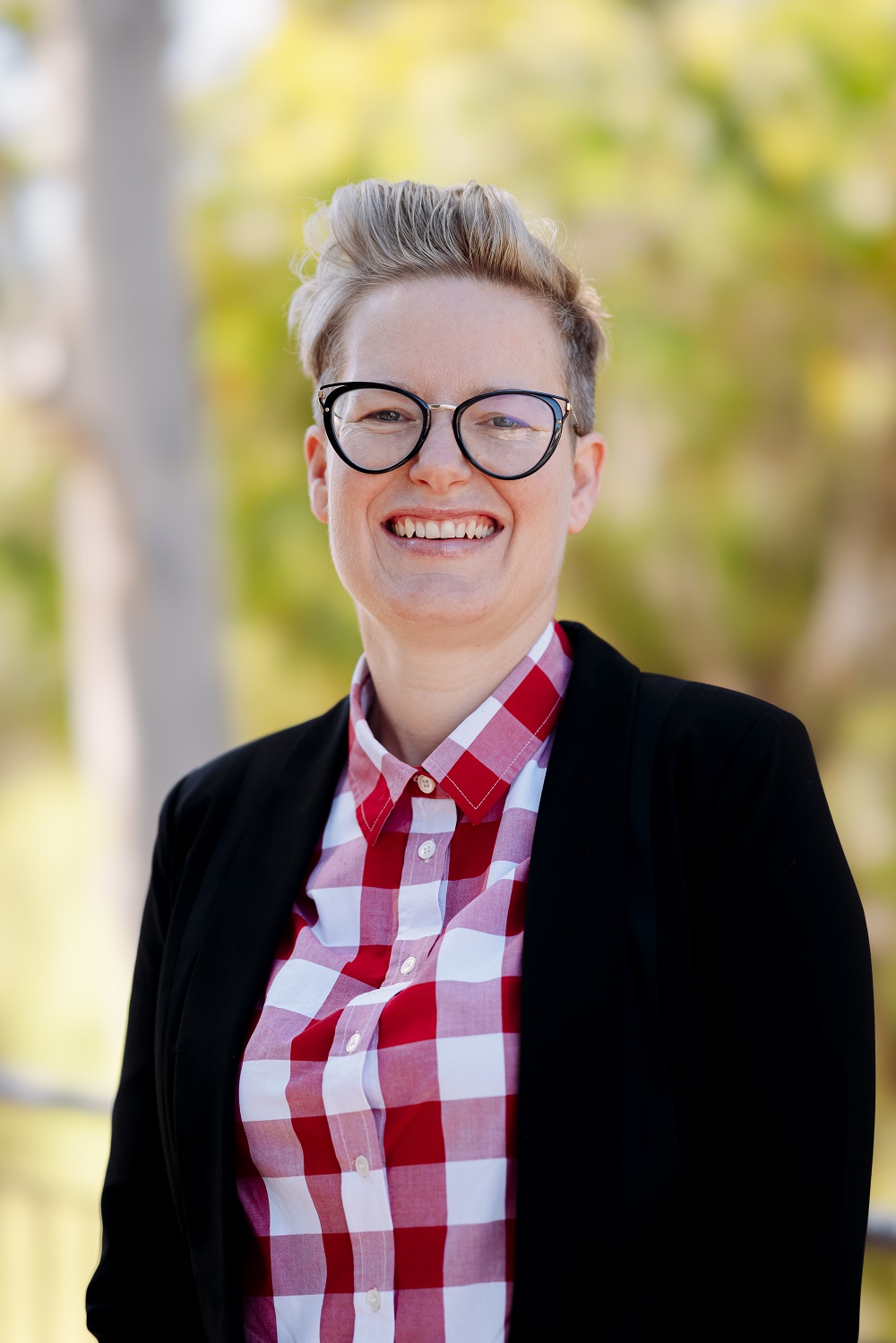
Our family seeks to live by the Wiradyuri philosophy of Yindyamarra – to be patient, gentle, kind, polite and to respect your Elders. A five-element philosophy that we have embraced as a family (or try to … I’m not great with patience!).
My wife and I were married in a traditional Wiradyuri marriage ceremony and one of the first legal same-sex marriages in Australia, on top of Wahluu (Mount Panorama) in 2017. It was pretty cool.
Sophie and I walked with one of the Elders to choose the location and it was amazing how we listened to Country and found the perfect location in an opening marked by trees like a gateway.
We could see a 360 degree view and songlines to Sydney. It was conducted by Elders and we got to shake water from the ‘Wambool’ (Macquarie River) on new gum tree shoots on our guests. It was such a generous and special moment we will never forget. We felt very lucky. I think that’s why Yindyamarra as a philosophy has had such an influence on us and our family.
Rachel Bacon – Associate Professor, Faculty of Health
National Reconciliation Week is a time for all Australians to work together to uphold the culture, experiences, and rights of our First Nations peoples.
From where I stand, I would like to see Indigenous and non-Indigenous Australians working together to achieve a culturally safe healthcare system by changing the way we teach here at UC; the way our placement settings work, the way our graduates practise.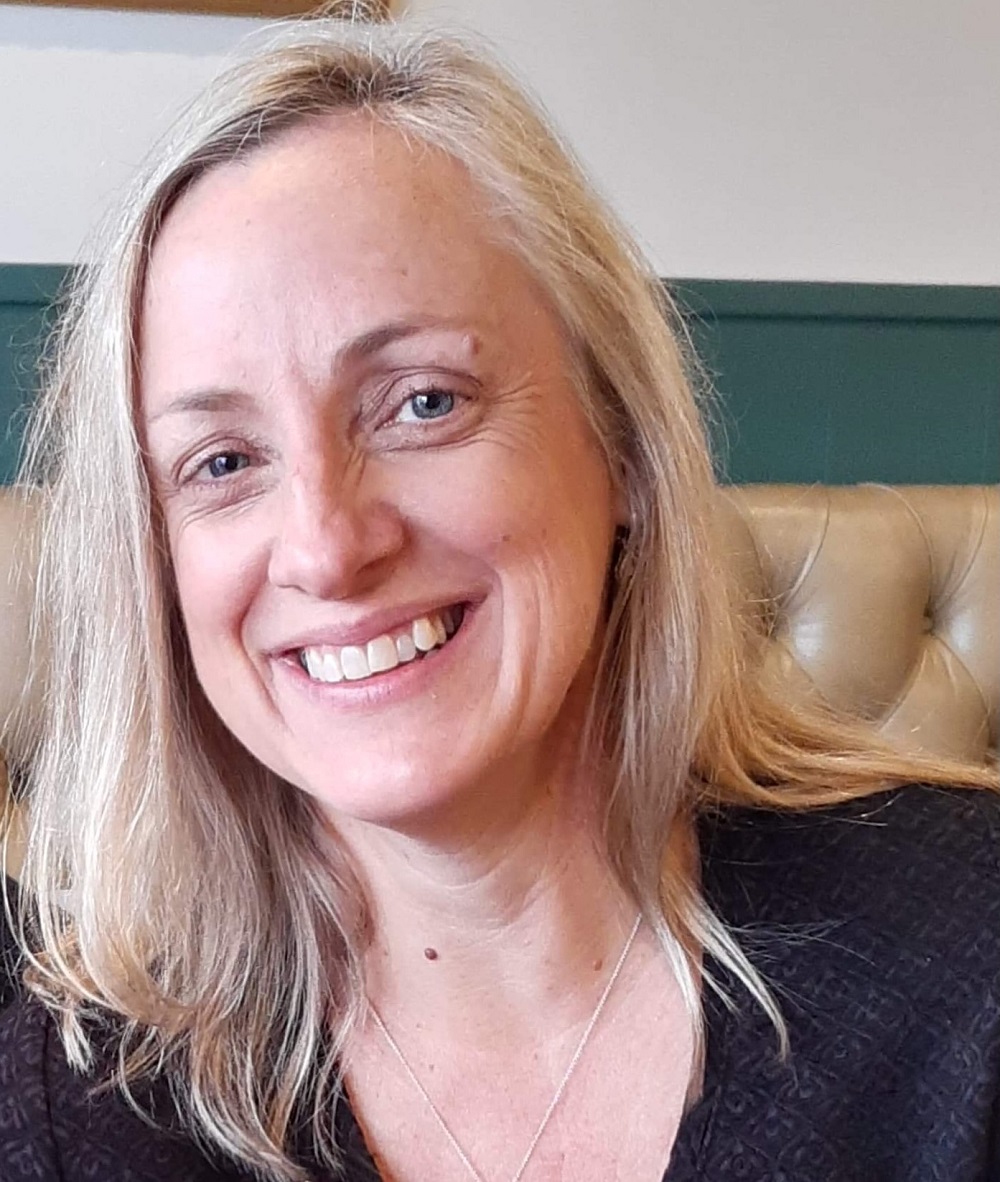
I want to see young Aboriginal and Torres Strait Islander people choosing to come to UC to train to become healthcare professionals and future healthcare leaders. This needs to start with our academics turning the lens onto themselves, listening, and learning a new way of seeing.
In 1968, before I was born, my uncle Bill spoke about the ‘Great Australian Silence’, and yet still in 2022, this silence is the reality of most Australians. Now is the time for truth-telling, to call out racism, and to celebrate the people from the oldest living culture in the world.
My father died recently, and one of the last things he said to me was that we all need to listen more carefully to the stories of Aboriginal women, because their stories are right. My father was a geophysicist and he had come to realise that the knowledges that he and other scientists dismissed, in fact held truths that helped their scientific understanding of Australian landforms.
I think we will find the same in health. Aboriginal and Torres Strait Islander culture has a much more holistic understanding of health and wellbeing that goes beyond the physical – it considers socio-ecological, cultural, and spiritual wellbeing. Health is not just about caring for the individual, but also the community and the environment.
Kirsten Tapine – Acting Associate Director, Office of Aboriginal and Torres Strait Islander Leadership and Strategy
Gamilaroi Country
For me, Reconciliation Day is about celebrating Aboriginal and Torres Strait Islander people; our culture, history, land, beliefs and practices. We have been living here for 65,000+ years and there is such an incredible amount of knowledge to be shared with our non-Indigenous community, and for them, to explore how they can contribute to achieving Reconciliation in Australia.
The day highlights the significance of what we have achieved as a nation, and also the things which must still be done to achieve Reconciliation, as we still have a long way to go. It’s a reminder that people of Australia need to stop and listen to the First Peoples of this country by owning the past, and committing to be better – because when you know better, you do better.
For now, people of Australia need to stop, actively listen and learn from Aboriginal and Torres Strait Islander people. We’ve had our own table for many, many years and it is time for non-Indigenous Australia to come and take a seat at our table.
I hope to see people from all walks of life committing to being brave and making change wherever possible. Reconciliation is a movement from the heart and a shared responsibility; the ownership should not lie with just Aboriginal and Torres Strait Islander people. We need to work and walk together for the betterment of society.
Aboriginal and Torres Strait Islander culture is sacred and precious, we have been surviving and thriving for years, we are the knowledge keepers of this country. It’s time to listen and learn!
Marina Martiniello – Education Designer, Education Innovation, Learning and Teaching
Arrernte Country
As an Aboriginal person, I am open to having conversations (including the difficult and uncomfortable ones), and I encourage non-Indigenous Australians to step out of their comfort zones and find ways of learning more about our First Nations people and their culture.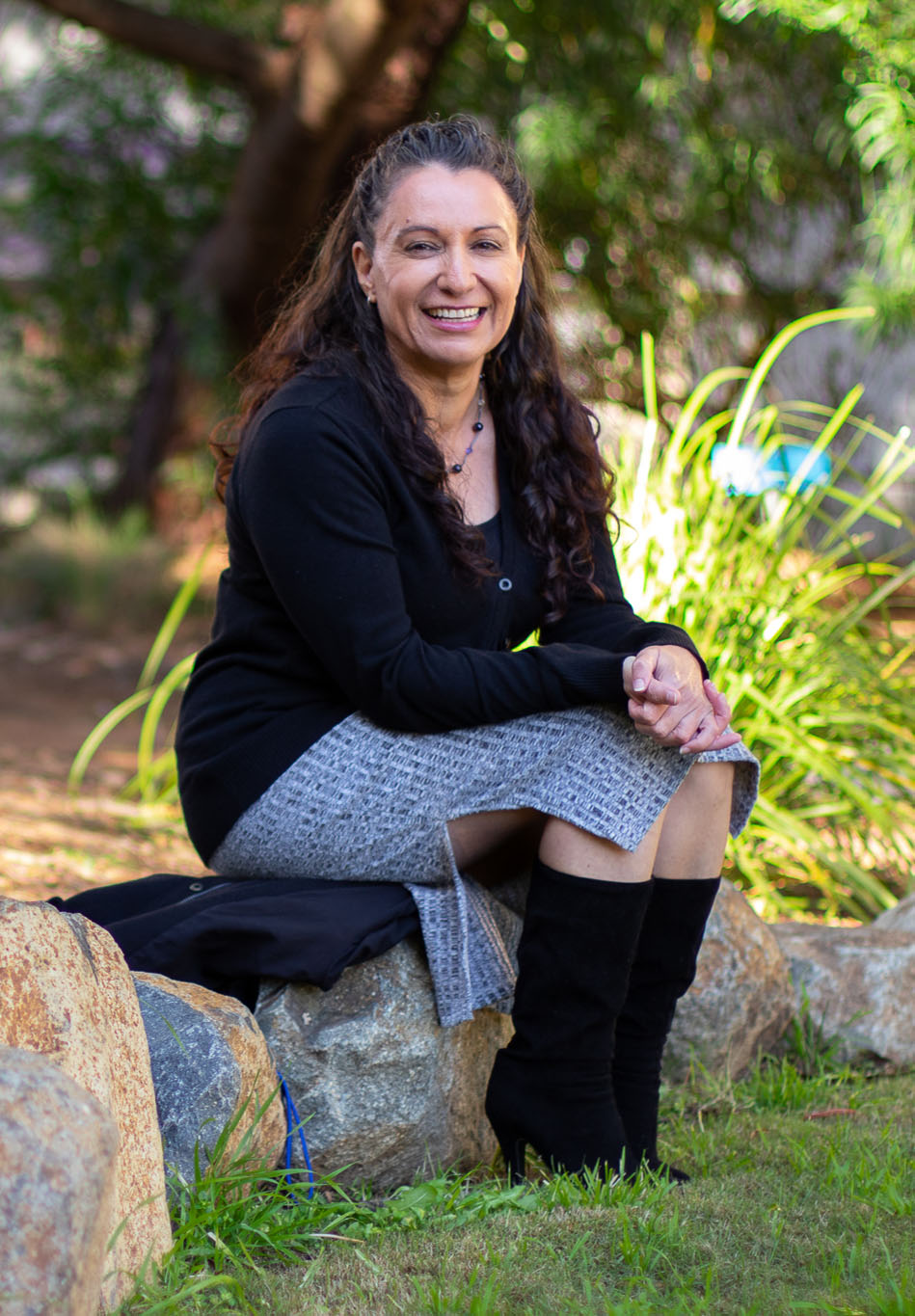
I do this in both my personal and working life. My role at UC is to support faculties and individuals to Indigenise their curriculum and I strive to work closely with them to embed an awareness of Indigenous ways of being, knowing and doing in authentic and meaningful ways throughout curriculum.
For me, Reconciliation Day is about how we move forward together, both First Nations people and non-Indigenous people. While I see this happening in pockets now across the country, I would love to see more of it and encourage people to reach out and get to know the people around them. Through building understanding and seeking genuine connections, we can learn to fully appreciate the diversity and beauty of these cultures that are all around us.
We are all individuals, and each Nation has its own culture and traditions: all of which are beautiful and have a foundation that goes back thousands of millennia. It’s important that this is recognised and acknowledged.
What is common for us is that our history tells our stories of how the earth came to be, including people, animals, plants, land and oceans. Sharing our stories is vital to ensure this continues. Storytelling has many ways with our First Nations peoples and includes oral tradition, dance and art. Our lived experiences are different and because of this, how we practise our cultures is also different.
Tania Broadley – Pro Vice-Chancellor Education
As a non-Aboriginal person, I have had the privilege of learning from and walking beside Aboriginal and Torres Strait Islander people who have been so brave and generous in the sharing of their personal journeys and bringing me into a deeply reflective place.
Through my time working at different universities around Australia, I have been privileged to go on-Country with Elders and have even had the opportunity of learning about a personal family experience through the missions in the 1970s.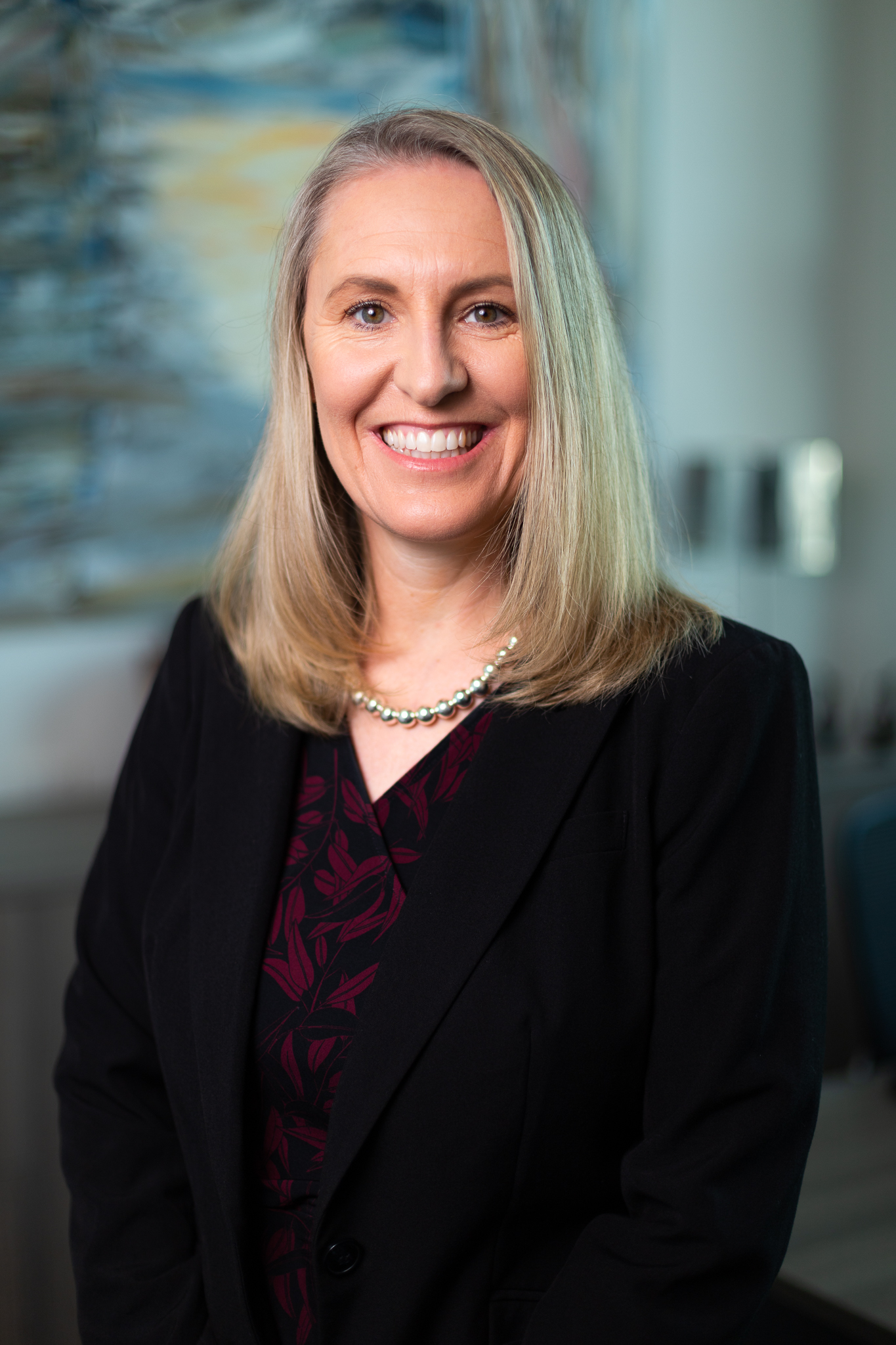
I was taken to that place to hear their stories, which they shared in good faith and with the understanding that for Reconciliation to really be meaningful, non-Aboriginal Australians need to be taken on that journey to fully understand and contribute to a shared future. We have so much to learn from their culture, particularly around social and ecological sustainability.
While Reconciliation Day is a significant celebration of Aboriginal and Torres Strait Islander history and culture, I like to consider Reconciliation each and every day as the way we need to move forward in Australia together, by walking side by side with Aboriginal and Torres Strait Islander peoples and listening to their stories, views and guidance.
We should take this annual opportunity to reflect on our own personal and collective journeys and then focus or refocus our efforts on our Reconciliation journey, and use this week as a time for committing to personal actions going forward.
Curated by Elly Mackay, photos by Tyler Cherry and supplied.
